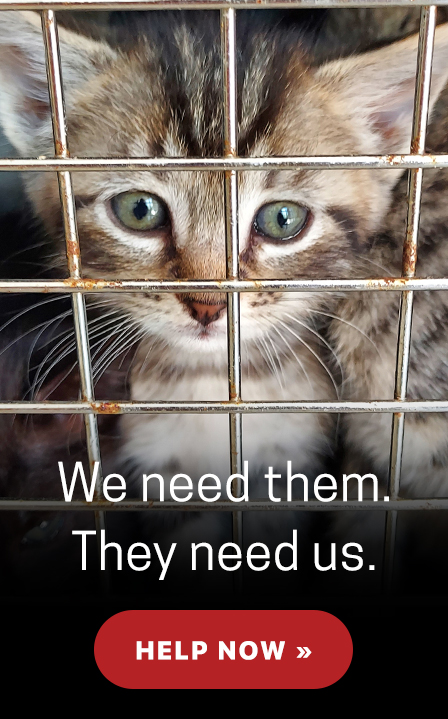Wet markets are the part of open-air markets where live animals, both domestic and wild, are kept, sold and butchered on site. These markets and practices have received wide-spread criticism from policymakers and commentators as they are hot spots for the spread of zoonotic diseases which are easily transmitted to people.
In communities on every continent except Antarctica, open-air markets are a reliable source of fresh produce and protein. Changes, however, are necessary to establish a balance between markets that allow farmers to sell directly to customers while adhering to standards that ensure humane animal welfare, biosecurity and food safety.
Wet markets are one cog in a global machine that caters to a network of illicit and ethically dubious wildlife poachers, hunters, traders and sellers. The unregulated capture, transportation and slaughter of wild animals increases the likelihood that dangerous diseases will spread quickly and easily. One study of four wet markets surveyed in Bangkok, Thailand, 63 percent of species for sale were non-native to Thailand.
The lack of respect for animal welfare in these markets and the inhumane treatment of living creatures is part and parcel of the spread of disease. Animals live in cramped cages, are stacked on top of one another and mired in feces, dirt and blood. They are highly stressed, which increases viral spread of disease when they are brutally slaughtered with no concern for their health or well-being.
Improving the lives of animals and the security of world populations can be done without inflicting harm on local communities that rely on open-air markets for food. Sections of markets that sell produce can remain open while governments work with haste to ensure markets comply with food standards set by the World Health Organization and animal welfare standards set by independent third parties, such as American Humane.

